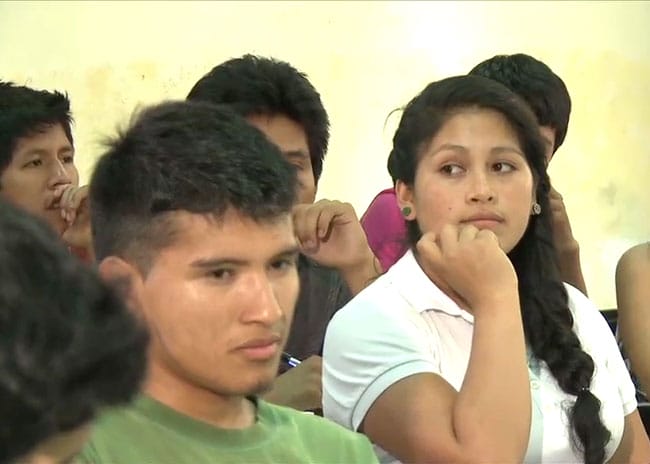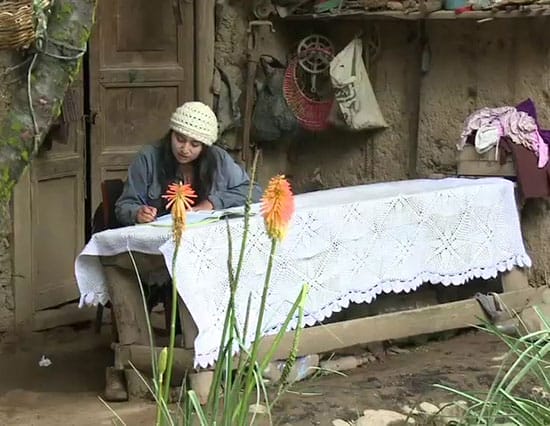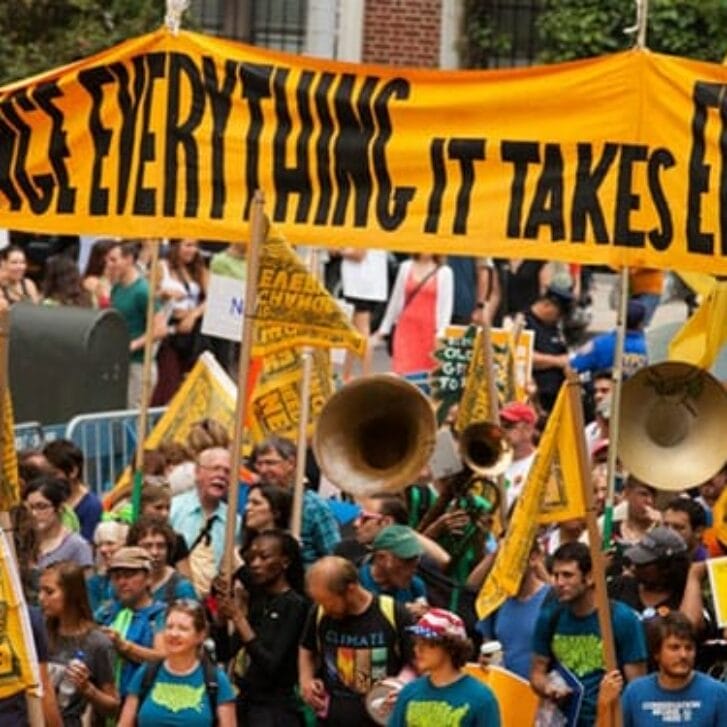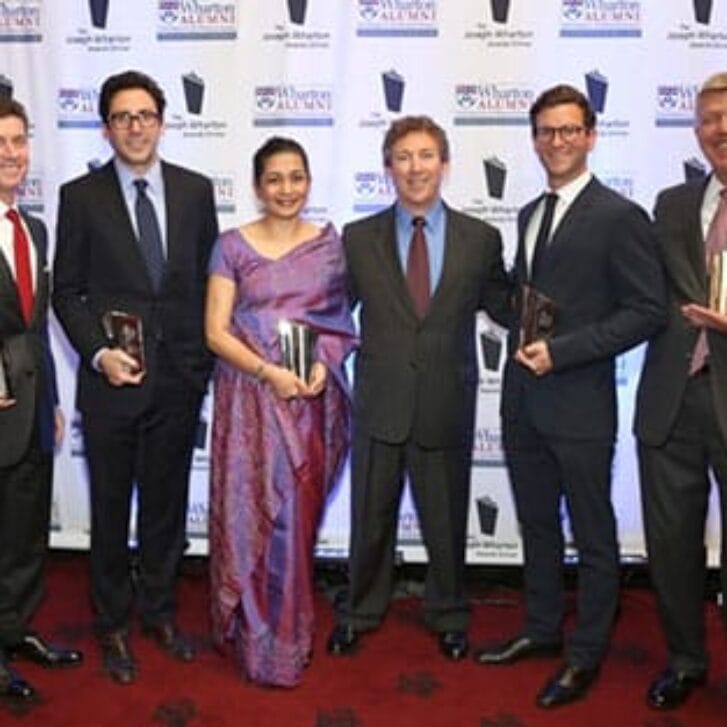It is no secret that change is widespread and clearly seen in the case of developing economies. Take, for instance, the BRICS emerging nations––Brazil, Russia, India, China and South Africa. Together, they now account for half of the global population and 20 percent of the world’s gross domestic product. Moreover, in the last 10 years the economic output of these emerging nations has quadrupled.
Although economic growth often translates into better living standards and opportunities, it is usually coupled with key economic, social and environmental challenges, especially in rapidly growing emerging economies. Enterprises worldwide have had to grow, change, venture into new markets and address fierce competition faster than ever; the term “business as usual” no longer applies. It is crucial that businesses adapt to evolving market conditions and incorporate inclusive and sustainable goals in their value proposition to customers. One way in which companies can gain a competitive advantage is to align the financial returns with the social returns of their investments, a business concept also known as shared value.
Many companies and top executives can attest that addressing society’s needs and challenges, beyond just helping short-term profitability of the company, has proven to yield long-term success. (See the experience of Dow Chemical in the September 2013 article in the Harvard Business Review.)
One framework used to identify such opportunities and generate an actionable business strategy for companies is the Shared Value Appraisal conducted by the Inter-American Development Bank (IDB).
Take the case study of San Ignacio University in Lima, Peru (USIL), one of the first IDB clients to pioneer this methodology to generate societal change while maintaining financial returns. USIL is a leading private university that is investing in Peru’s emerging middle class. In 2013, it received a $25 million loan from the IDB to expand its campus. In addition to the financing package, a Shared Value Appraisal was carried out. The IDB team identified the opportunity to enhance USIL’s offering to economically disadvantaged students by allocating $2 million of the IDB loan to set up a student guarantee fund. The fund, a first for the Peruvian market, provides collateral for loans and scholarships enabling low-income students with high academic potential to continue and finish their studies. If a recipient of a guaranteed loan or scholarship drops out or does not graduate, the guarantee fund repays the loan or reimburses the source of the scholarship. At the same time, the fund generates financial value to USIL by attracting new students and provides a social benefit by increasing access to a high-quality and otherwise unaffordable education to those who are economically disadvantaged. Because USIL takes on the cost of borrowing the money for the guarantee fund, USIL’s interest in ensuring that its investment is financially sustainable strengthens its commitment to ensuring students graduate and become productive members of society.

A USIL classroom scene
This week, Kelle Bevine, chief of strategy at the Inter-American Development Bank’s Structured and Corporate Finance Department, will be at Wharton speaking about the case of San Ignacio University in Lima, Peru, and the work she leads in Shared Value Appraisal. She will be giving a guest lecture tomorrow, December 3, during the Social impact and Responsibility class by Philip Nichols, the Class of 1940 Bicentennial Term Chair Associate Professor of the University of Pennsylvania.
As a member of the Wharton community working on sustainable development through the private sector, I think it is important that businesses continue to deliver innovative strategies that are not only actionable and adaptable to all levels of development, but that are also ambitious. I also plan to attend Bevine’s lecture in person. I invite others to join me at Professor Nichols’ classroom in Huntsman Hall’s F45 from noon to 1:20 p.m.


























